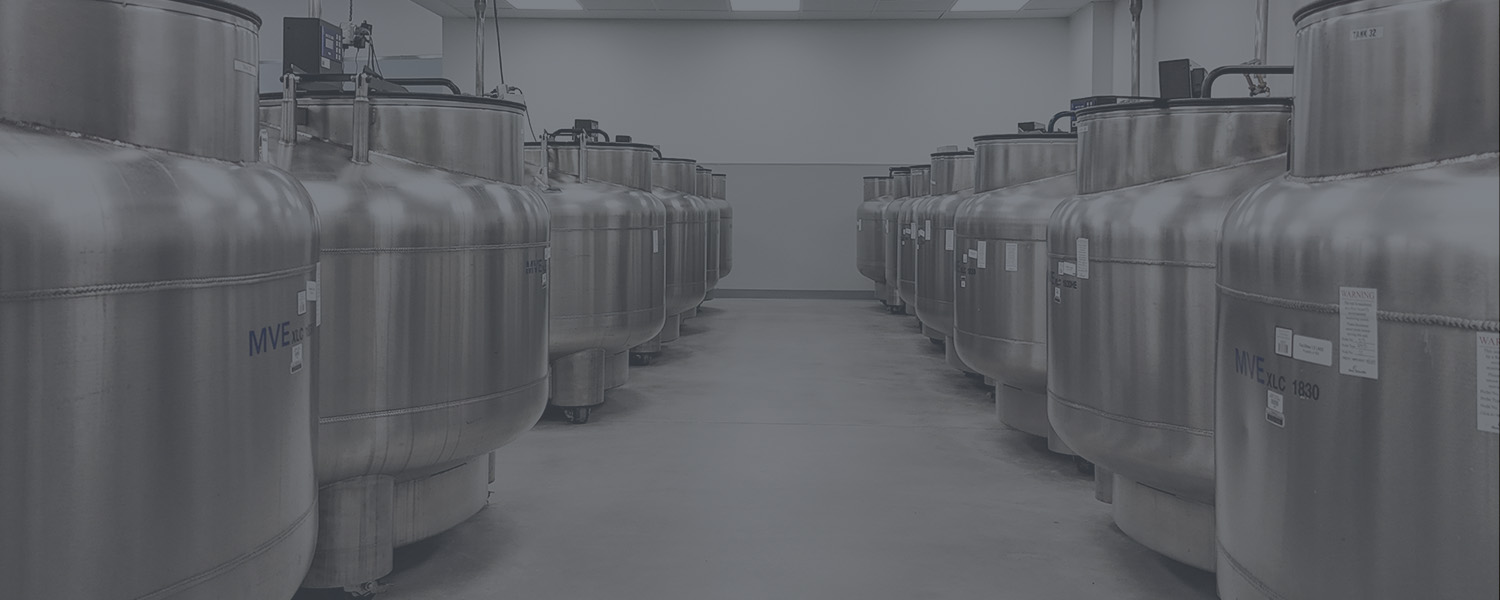Are you backing up your samples?
As the rate of major scientific breakthroughs increases, as well as the cost of automation decreasing, both small and large companies are finding themselves asking the same question: “As operations continue to expand, do we need to invest in more storage space for our precious cell and tissue samples?”
Should you store cell/tissue samples in house or outsource?
It is usually a question that academics, who have suddenly been inundated for requests for a promising cell line, ask themselves a little too late. Equally, with the rise of CRISPR and other breakthrough technologies, big pharmaceuticals need to contend with storing more and more batches of cells/tissues in order to track the progress of their drug or treatment over time. A prime example of this is the storage of blood samples that have been infected with alpha and delta variants of COVID-19. The crucial knowledge to prevent the next variant from wreaking havoc on the population may well lie in samples taken from the beginning of the pandemic over a year ago. Of course, this means spending a lot of money on procuring and running freezers and liquid nitrogen tanks to store a vast plethora of samples.

It is paramount that these samples are stored properly so that they can be called back into the lab in the same state as when they were stored with no denaturation. This is not as straight forward as it may seem, especially for academic groups or companies who are scaling up. Simply buying more liquid nitrogen tanks or -80°C freezers in turn leads to a reduction of precious lab space. Not only do scientists have to weigh up the costs of purchasing storage equipment over other necessary lab tools, but they also must plan for the ever-increasing cost of running the freezers and tanks.
Advantages to outsourcing cell/tissue storage
Storing cell and tissue samples is something that Infinity BiologiX (Sampled) specializes in. Having spun out of Rutgers University, Sampled has become one of the largest biorepositories in the world. Sampled work with academics and emerging companies all the way up to large pharmaceuticals to tailor fit the storage and transportation needs of their clients. Even from the moment samples are collected in cryoshippers, the exact temperature for the duration of the sample’s journey is recorded so researchers can download this information for piece of mind. This is especially critical for those working in clinical trials. Once the sample arrives at Sampled’s processing lab, they are seamlessly integrated into the sample’s workflow. For example, upon receipt of a blood sample it is centrifuged so that plasma, serum, DNA etc. can be separated and stored away. Sampled not only transports collections of samples but stores the physical freezers that labs can no longer fit inside their facility, opening up space for new equipment that helps advance their research and cutting costs at the same time.
Besides considering the costs and sacrifice of precious lab space, there is also another factor to consider. Most academic and commercial laboratories do not have spare freezers that could accommodate precious samples in case their main freezer breaks down, furthermore they do not have access to backup generators if there is a power cut or if a natural disaster strikes such as flooding etc. This is another critical reason why researchers are turning to storing their precious samples with Sampled, they not only have multiple freezers and tanks to spare in case one breaks down, but also employ backup generators in case an unexpected disaster occurs.
It’s easy to see why many researchers entrust their cell/tissue samples to Sampled instead of losing time because they can’t find their sample in a thawing -80°C freezer whose door has been open for too long. Instead they can ensure their sample is safe with transportation, storage and delivery handled by Sampled.
Talk to one of our sample management experts today, get in touch!

